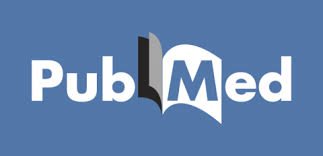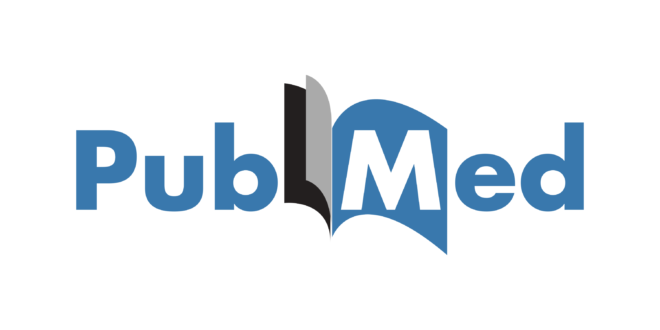Attilio
13/04/2022 Acupuncture Research
1,144
Aims and objectives: To evaluate the effect of laser auriculotherapy on chronic spinal pain. It is a randomized controlled clinical trial. Methods: Volunteers with chronic spinal pain underwent three evaluations: an initial evaluation, a final evaluation immediately after the last intervention session, and a 15-day follow-up. Pain intensity, nociceptive threshold in relation …
Read More »
Attilio
12/04/2022 Acupuncture Research
1,051
Background: Acupuncture has been widely practiced for primary insomnia (PI). However, the relative benefit and harm among acupuncture therapies remain uncertain. Objectives: To compare and evaluate the effect differences of multiple acupuncture therapies for patients with primary insomnia. Methods: Systematic literature search for randomized controlled trials (RCTs). Pairs of reviewers independently conducted literature …
Read More »
Attilio
09/04/2022 Acupuncture Research
1,229
Introduction: Preoperative anxiety before cesarean section is a major issue. Nonpharmacologic anxiety control is believed to be more suitable in pregnant women. Auricular acupuncture (AA) is an inexpensive, easy-to-use, and validated intervention to reduce anxiety in different surgical settings. We evaluated the effect of AA on preoperative cesarean section anxiety. Methods: In …
Read More »
Attilio
09/04/2022 Chinese Herbal Research
1,155
Ethnopharmacological relevance: The Jin Wu Gu Tong Wan is a Chinese patent medicine that is widely used in the treatment of knee osteoarthritis and osteoporosis in China and is considered to have the potential for good clinical efficacy. Aim of the study: The purpose of this study was to systematically evaluate the …
Read More »
Attilio
09/04/2022 Acupuncture Research
1,410
Paraventricular hypothalamus is demonstrated to regulate stress, feeding behaviors, and other related homeostatic processes. However, no direct evidence has been investigated for the role of pentricular hypothalamus in swallowing function. Acupuncture therapy at Lianquan (CV 23) acupoint has been reported to improve the swallowing function in clinical trials, but its …
Read More »
Attilio
07/04/2022 Qi Gong Research, Tai Chi Research
1,080
We aimed to systematically analyze reviews of randomized clinical trials that investigate the overall effect of exercise and of different types of exercise on sleep in older adults. Meta-analysis was performed to obtain the standardized mean difference of the effect of the different types of exercise. Twenty systematic reviews published …
Read More »
Attilio
07/04/2022 Tai Chi Research
1,121
The clinical relevance of Tai Chi on pain, stiffness, and physical function in adults with knee osteoarthritis has not been established. Therefore, the purpose of the current study was to address this gap. Eight randomized controlled trials from a recent meta-analysis representing 407 participants (216 Tai Chi, 191 control) in …
Read More »
Attilio
05/04/2022 Tai Chi Research
1,254
Background: Tai Chi has been shown to improve motor symptoms in Parkinson’s disease, but its long-term effects and the related mechanisms remain to be elucidated. In this study, we investigated the effects of long-term Tai Chi training on motor symptoms in Parkinson’s disease and the underlying mechanisms. Methods: Ninety-five early-stage Parkinson’s disease …
Read More »
Attilio
05/04/2022 Chinese Herbal Research
1,226
Background: Osteoarthritis is a difficult disease but the clinic lacks effective therapy. As a classic formula of traditional Chinese medicine (TCM), Fu Zi Tang has been clinically applied for treating osteoarthirtis-related syndromes, but its anti-oesteoarthirtis efficacy and mechanism remain unclear. Purpose: To experimentally and clinically determine the anti-osteoarthritis efficacy of Fu Zi …
Read More »
Attilio
05/04/2022 Tai Chi Research
1,208
Purpose: The aim of this study was to investigate the differential effects of Tai Chi vs. brisk walking on cognitive function among individuals aged 60 and greater. Patients and methods: For participant recruitment, a health talk was arranged at two communities in which two different exercise modalities (Tai Chi and brisk walking) …
Read More »

 Acupuncture Times Read the latest acupuncture research articles about acupuncture, Chinese herbal medicine, cupping therapy and moxibustion.
Acupuncture Times Read the latest acupuncture research articles about acupuncture, Chinese herbal medicine, cupping therapy and moxibustion.
